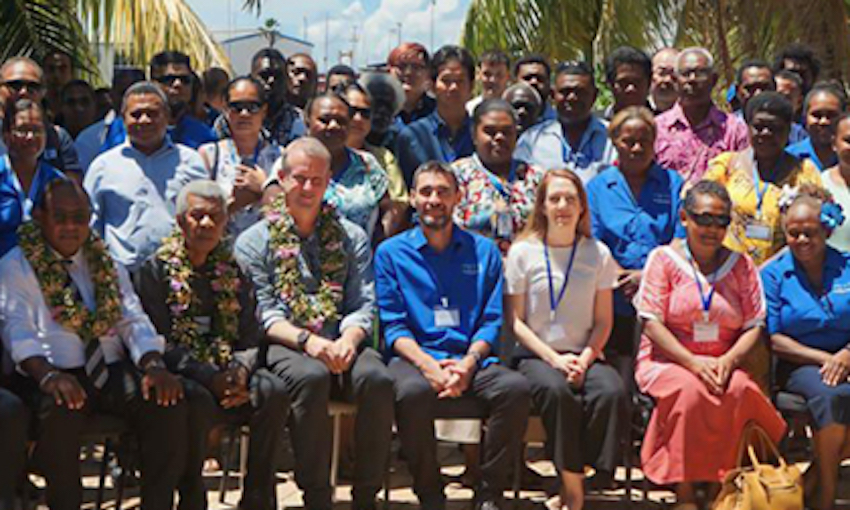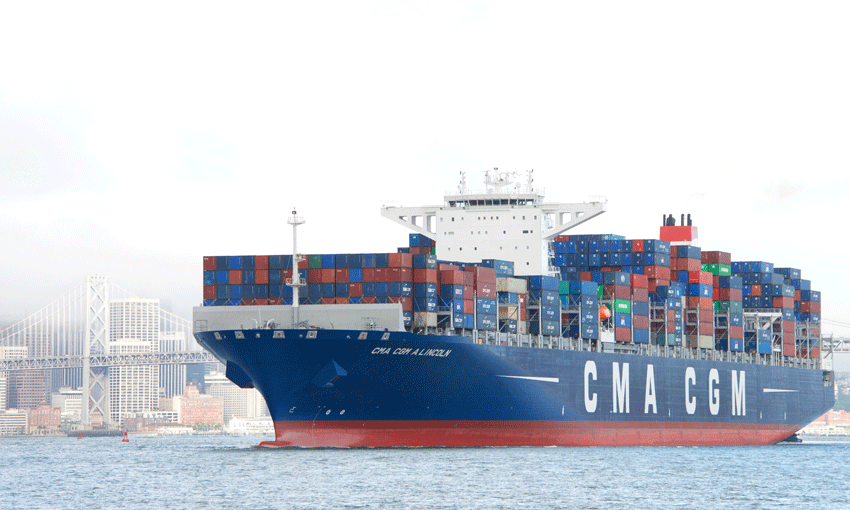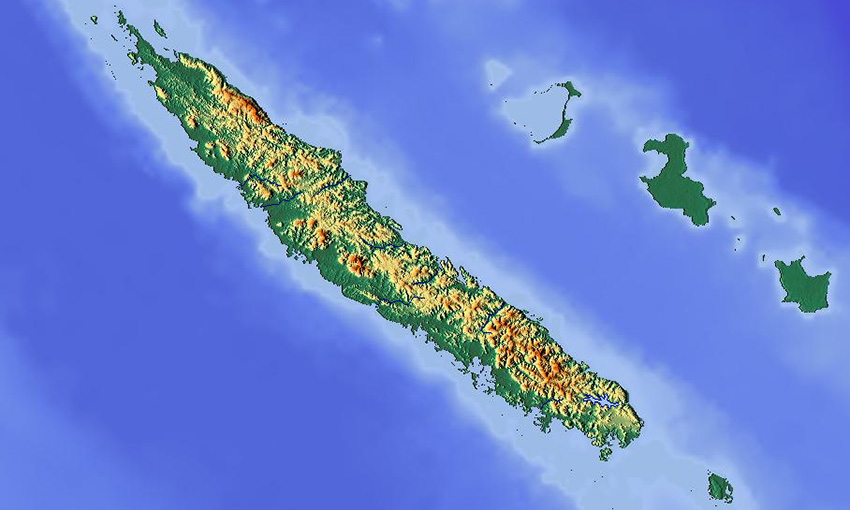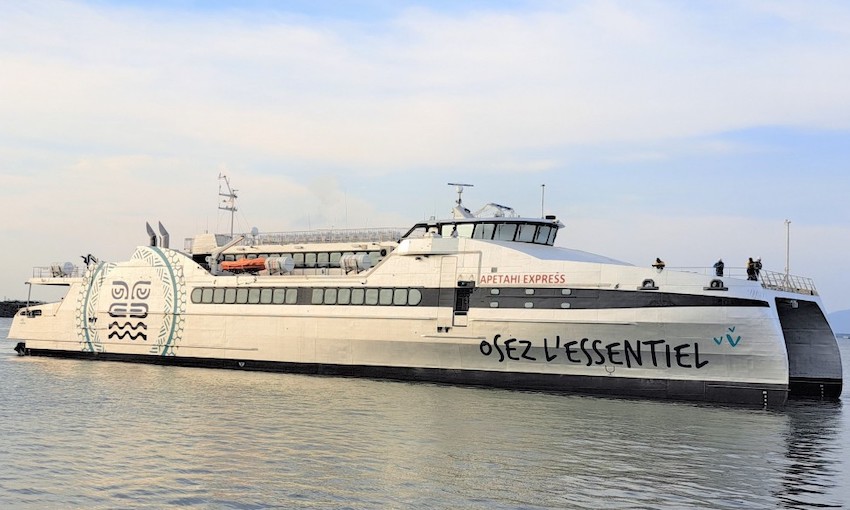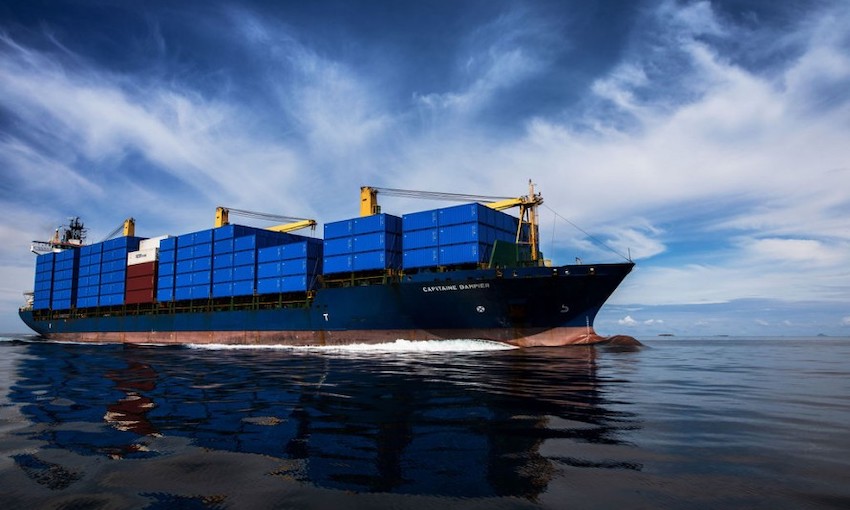THE SOLOMON Islands has made progress on a national action plan to reduce emissions in its domestic fleet.
A project team representing GreenVoyage2050 visited the Solomon Islands last week to discuss priority areas the action plan will address.
GreenVoyage2050 is an initiative of the International Maritime Organization and the Norwegian government. It aims to support the decarbonisation efforts of developing countries.
A national taskforce (NTF) meeting involving the Solomon Islands Maritime Administration and the GreenVoyage2050 project team facilitated discussions among maritime stakeholders.
The meeting identified priorities relating to fuel consumption data collection, crew training and port efficiency improvements.
“The need for data in order to create a baseline against which to benchmark energy efficiency improvements across the domestic fleet was flagged as a high priority action,” IMO said in a recap of the meeting.
It said another priority involved training crew to save energy at sea to improve ship efficiency.
“At a port level, improvements in port efficiency to reduce turnaround time and the development of port incentives were also identified as core areas to include in the NAP.”
GreenVoyage2050 project technical manager Astrid Dispert acknowledged the challenges small island developing states face in relation to green maritime operations can differ vastly to those faced by other nations.
“As next steps, the Solomon Islands GreenVoyage2050 NTF will re-convene at the end of April to further elaborate on the high priority areas specified for inclusion in the future Solomon Islands NAP,” IMO said,
“Ahead of that meeting, all individual stakeholder groups have been tasked with identifying concrete actions which could be considered from the perspectives of their respective fields of expertise.”
GreenVoyage2050 intends to support the Solomon Islands through a ship energy efficiency program or campaign.
It plans to work together with forward-leaning domestic ship owners to develop ship energy efficiency management plans and robust data collection mechanisms.

